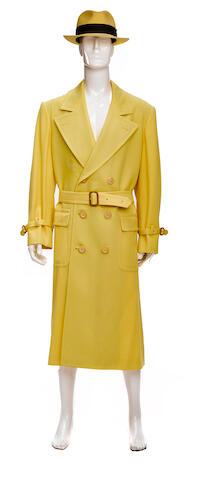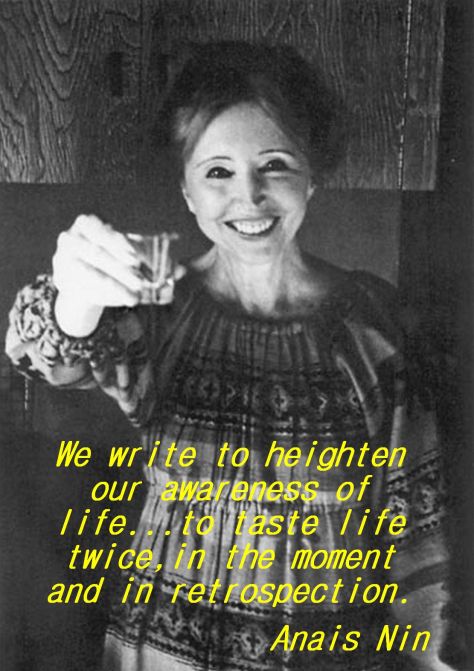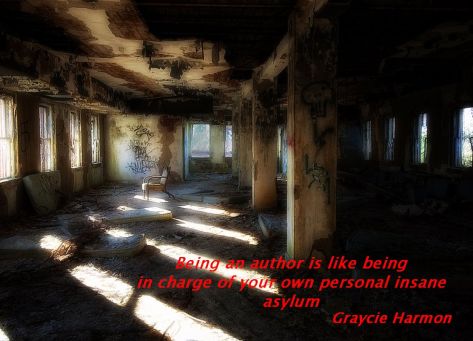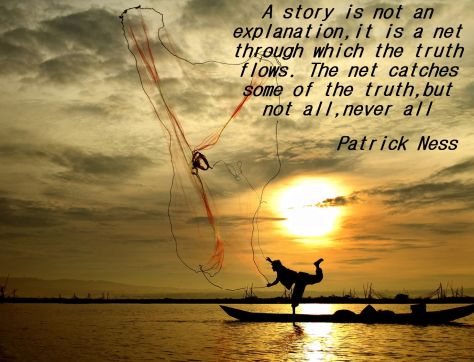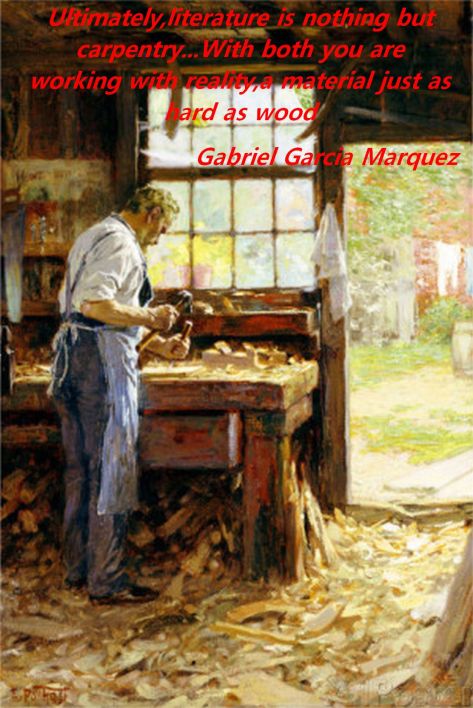As a writer soon learns, it’s not the quality of one’s writing that counts, more how you’re going to sell it.
These days, that means selling yourself too, as your image is as vital as the plot of your book. Any aura you can generate, along with the concept created by your stories can live on, long after you’re dead. Cynics have long said that ‘dying is a great career move’. It’s especially true of musicians: just look at Michael Jackson’s sales, and Jimi Hendrix has had more albums released bearing his name since he died than he made in his lifetime.
I first became aware of this marketing phenomenon in publishing back in 1995, when I saw a sequel to Philip K Dick’s Do Androids Dream of Electric Sheep?, on which the Bladerunner film was based. Dick, himself, refused to write a novelization of the movie, though a writer-for-hire later did so. Since he died, there have been three sequels. I tried one, and it was as horrid as I anticipated.

There have been many continuations of long-established fictional protagonists’ adventures, written by contemporary writers. James Bond has been given new life by Kingsley Amis, Sebastian Faulks, Jeffery Deaver, William Boyd and Anthony Horowitz.
Scores of writers have written Sherlock Holmes stories. Contemporary authors have had their protagonists kidnapped after they die, as with Robert B Parker‘s private detective Spenser and several other of his creations, who’ve thrived in at least fifteen novels. Sold by the owners of his estate, his relatives are coining it in! Such authors were undoubtedly glad that their family would have financial security, but I bet they’d deplore how their fictional characters have been altered.

As a purist, I object to this, as it comes across as misrepresentation to me, a pastiche put together to capitalise on the gullibility of readers. That some people are so hooked on a character, that they don’t care who writes about them, is another matter. It leads to things like fan fiction—from which writers of the quality of E.L. James pulled themselves out of the swamp—proving my point that nothing good can come of it.
And yet, well-respected authors write their versions of literary heroes. The financial inducement must be attractive, and their hubris helps propel them through people asking, “Why the hell are you writing that, can’t you think up your own characters anymore?”
What do you think of this form of literary grave robbing?
How would you feel if your lovingly created characters lived on after you died?





